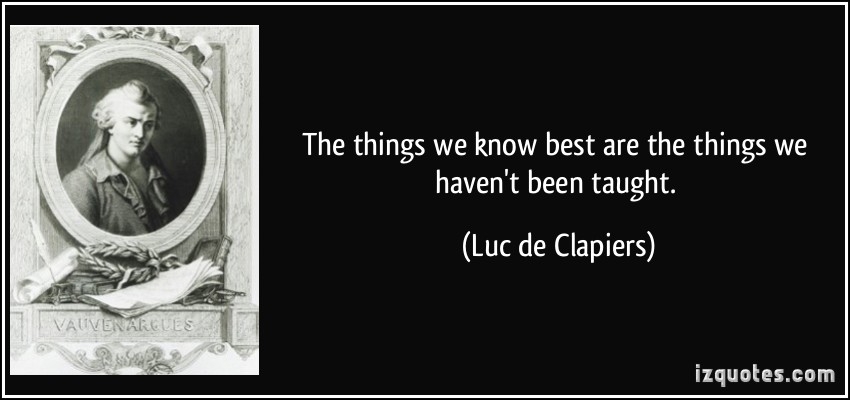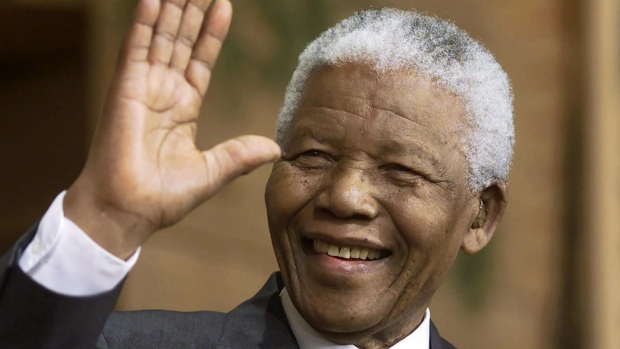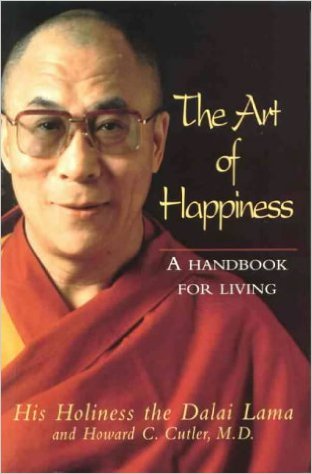“The most important things are the hardest to say, because words diminish them.”
—Stephen King, American Author of horror, suspense, and science fiction

Image from Unsplash by Aaron Burden
Last August, my wife Wendy and I took an extraordinary vacation with two friends. We went to Africa, Ireland, and Iceland.
As I so often do, I took a journal to capture our daily adventures, but found that I had surprisingly little interest in detailing our many wonderful experiences through the written word.
When I did write something, it felt like a recounting or summary of the days, and had none of the emotions and deep feelings of awe we experienced. I did, however, find that taking pictures lived up to the “thousand words” motto – and we sure took a bunch!
EXERCISE:
Reflect on some of the most important things in your life and consider how you experience them beyond the limits of any words. Feel free to reply to this post with your best description of what you observe, even if it falls a bit short of the full experience.





 My first career, fresh out of college, was as a teacher. It was my belief at the time that it was my job to literally pour my knowledge of life science into the minds of 25 sixth grade students. What I discovered was that very little got in, and even less of my brilliant lessons stuck for more than a week or two.
My first career, fresh out of college, was as a teacher. It was my belief at the time that it was my job to literally pour my knowledge of life science into the minds of 25 sixth grade students. What I discovered was that very little got in, and even less of my brilliant lessons stuck for more than a week or two.

